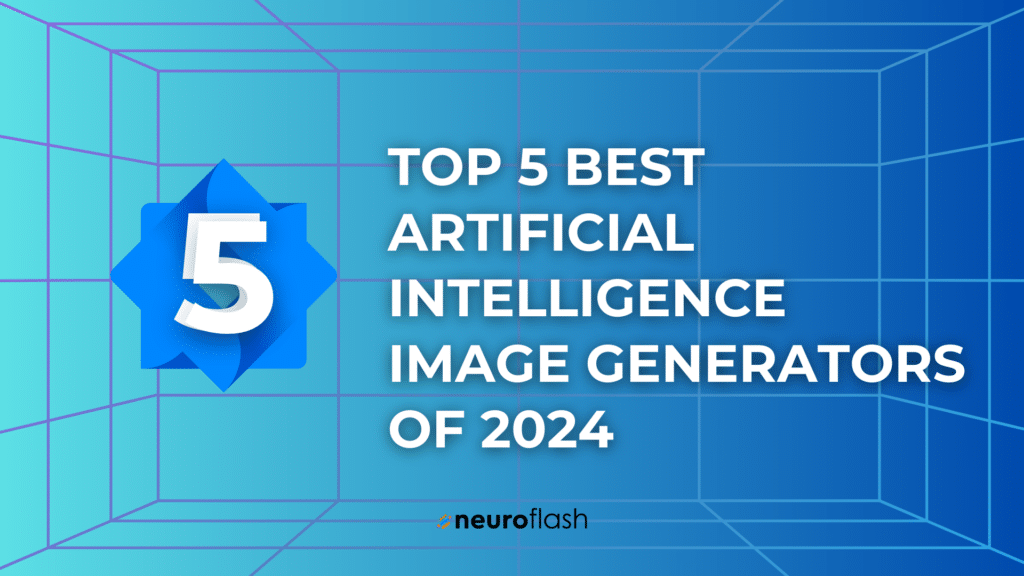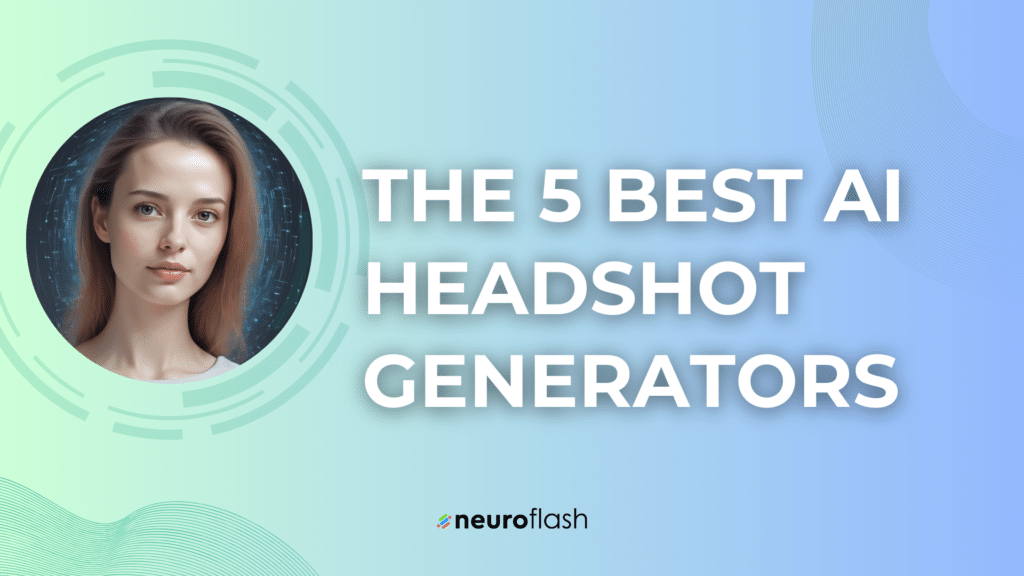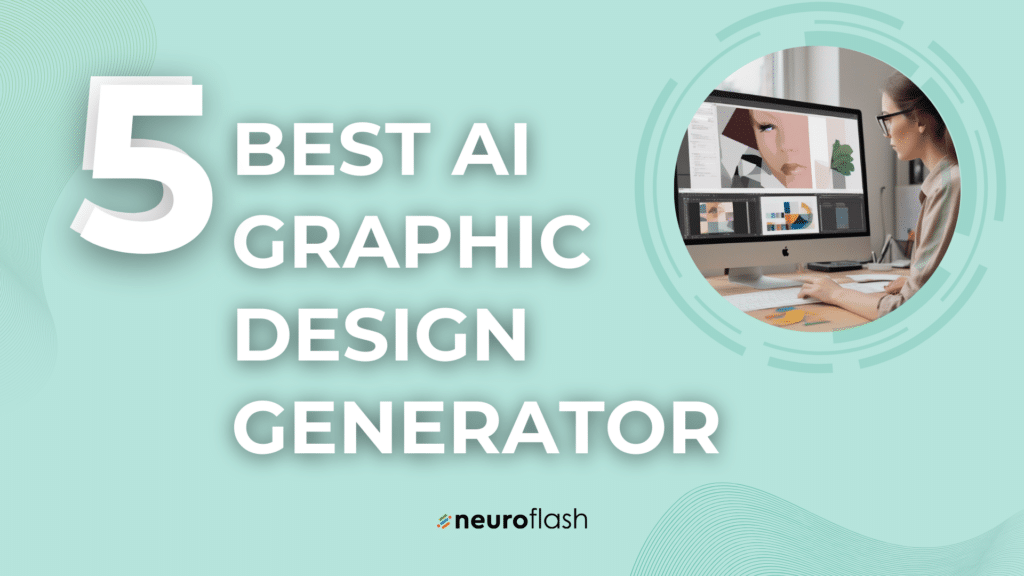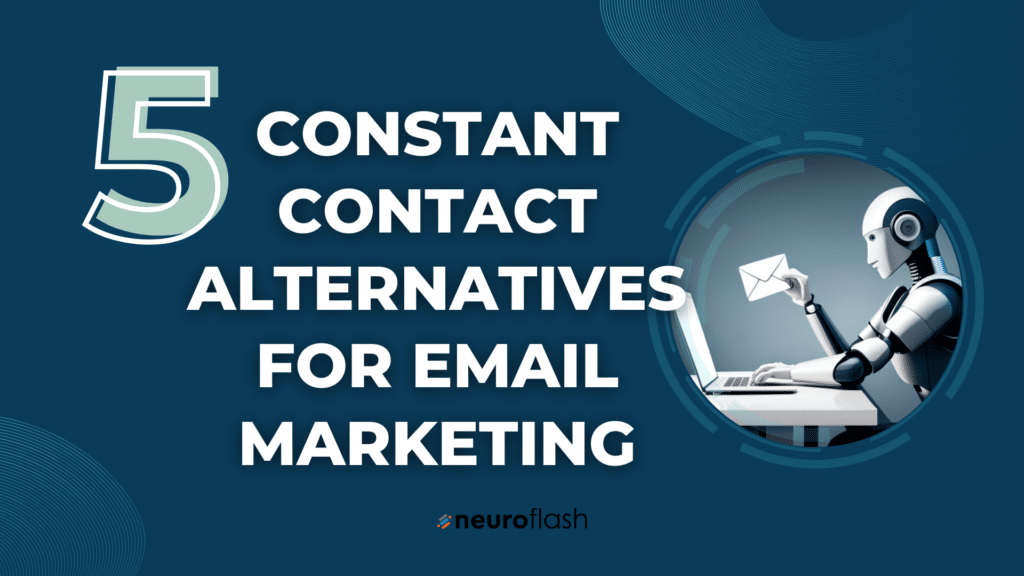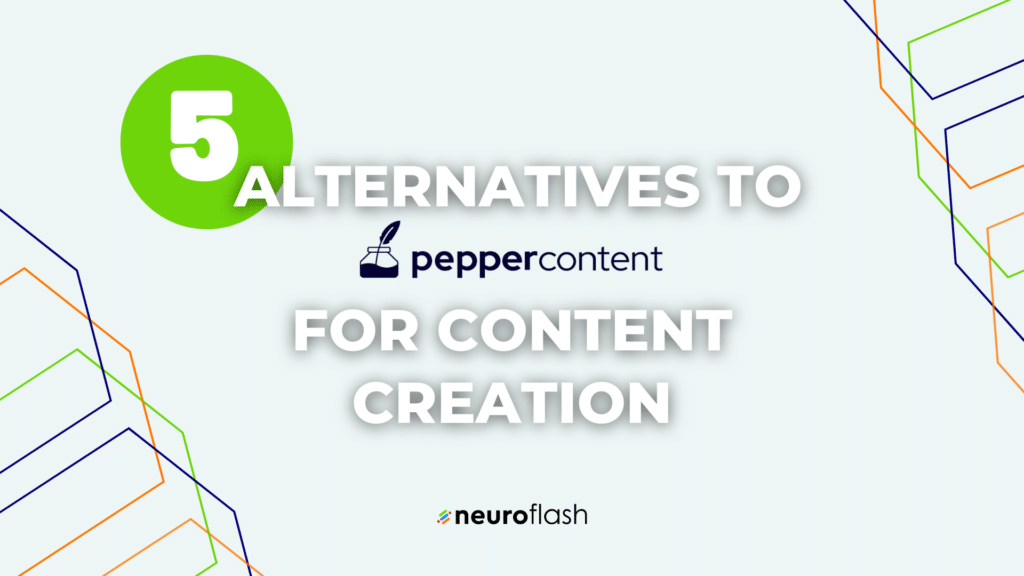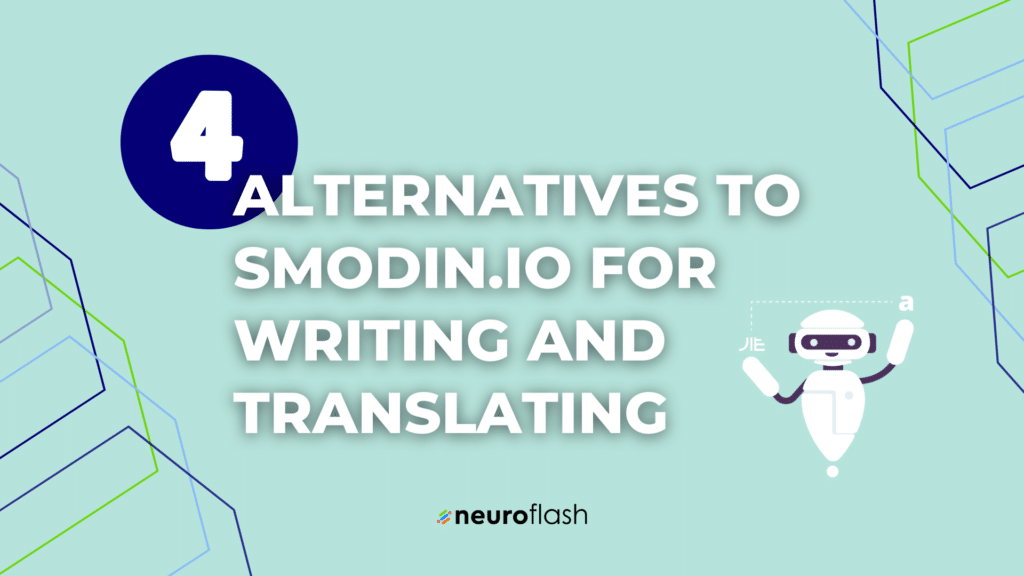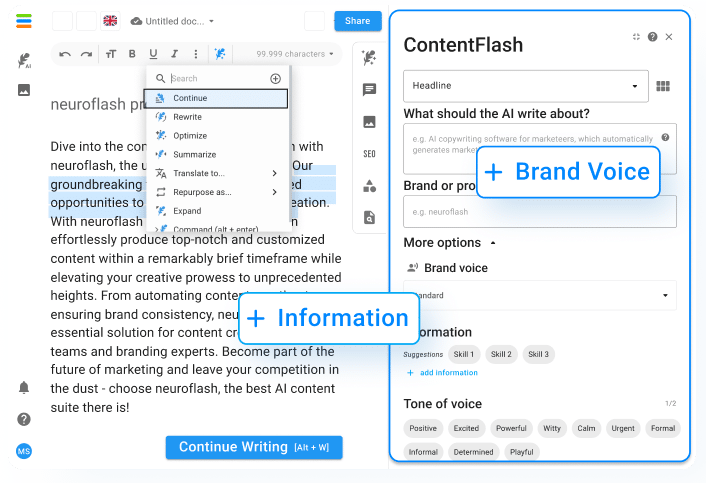What you learn in this second part
In this second article on how the entertainment industry has changed since the Corona pandemic, we reveal the impact of the digitalization megatrend on entertainment and which digital entertainment offerings may be the most important in the future.
Also, this article gives you an insight into the world of implicit market research with a focus on AI-based Neuro-Semantic Network Analysis.
Review: Is the Entertainment World a New One Since Corona?
Even though our everyday life has been completely different since March 2020, we have all adapted quickly to the new situation. Much of what we used to consider normal is no longer an issue at all today. Thanks to online meetings, we can stay in touch with our loved ones, and even at work we do everything online – no matter where exactly we are. Many of us now do more sports at home or go for walks in the most beautiful corners of our city, and we exchange cooking recipes digitally with friends.
The impact of the pandemic has not been limited to our individual circumstances alone. Entire sectors and industries have been and continue to be significantly affected by the challenges posed by the pandemic. One of the industries most affected by the pandemic is certainly the entertainment industry.
Das führende Schweizer Marketingforschungsinstitut LINK und das Hamburger KI-Start-Up neuroflash liefern in einer neuen Studie spannende Einblicke in die sich veränderte Welt der Entertainment Branche seit 2020. Ein zentraler Bestandteil der Studie fiel dabei auf den Megatrend Digitalisierung und gibt Antworten auf die Fragen, welche Rolle der Megatrend Digitalisierung für die Entertainment Branche spielt. {INSERT: Rhetorische Frage auf Basis Titel Auswahl}


Digital entertainment only? What influence did and does the Corona pandemic have on the digitization of the entertainment industry?
Key takeaways: Entertainment today is much more dominated by digital offerings
The results of the study, which was conducted using implicit survey methods, show that there has been a significant change in the Swiss population’s understanding of the entertainment industry and entertainment offerings.
The strong link between entertainment and the megatrend of digitization is particularly interesting. Digitalized entertainment products such as e-sports, music (Spotify) or home trainers (Peloton) are now much more closely linked to the entertainment industry.
Swiss consumers also say they will be using more virtual entertainment services such as sports streaming, e-sports and gaming in the future.
The study under the magnifying glass - actors and methodology
The study results presented here are the result of the merger of the Swiss market leader in market and social research LINK and the Hamburg-based AI start-up neuroflash.
The respective core competencies of LINK and neuroflash were utilized for this study. In order to be able to present results that are as meaningful and valid as possible, the entire study is based on implicit data. Why this was chosen is made clear by the well-known iceberg example.

While we often think that we make everyday decisions consciously, researchers at the Max Planck Institute in Leipzig, in collaboration with the Charité Hospital in Berlin and the Bernstein Center For Computational Neuroscience, also in Berlin, found in 2008 that implicit, unconscious activity in our brains can predict the outcome of a conscious decision up to 10 seconds before it is made. In an interview about the study published in Nature Journal, research leader John-Dylan Haynes said, fittingly, that conscious decisions are logically only the tip of the iceberg.
Accordingly, the majority of our daily decisions are already made in the subconscious (implicitly) without us having any active influence on them. This way of thinking and decision finding is today also associated with the term “System 1”. System 1 (as the counterpart to System 2) goes back to the Israeli-American psychologist, Nobel Prize winner and author Daniel Kahneman, who in his worldwide bestseller “Fast Thinking, Slow Thinking” demonstrates through a multitude of experiments the characteristics of the fast, intuitive and implicit System 1, which takes the upper hand in most of our day-to-day decisions.
For the study on the importance of sustainability in the entertainment industry, LINK and neuroflash went one step further and collected implicit data on two levels: On the collective and the individual.
neuroflash was responsible for collecting the collective implicit data, working with so-called neuro-semantic analyses. Thanks to the artificial intelligence used by neuroflash, the Hamburg-based start-up was able to collect over 30 billion word mentions from the German-language Swiss Internet within the last 12 months, analyze them and put them into semantic relationships or associations. The result of this analysis is nothing more and nothing less than a collective opinion of Swiss consumers on selected topics.
But what exactly does this mean, based on specific examples?
Let’s look at country-specific associations for this. What do you associate with Switzerland in culinary terms, and what with Germany? Neuroflash can help with this by forming a collective association network by analyzing large amounts of text and words from the Internet. We see the result below. Represented by the distance and thickness of the strands between two terms, it is clear that Switzerland is more strongly associated with cheese fondue than Germany, while the analyzed word mentions suggest a strong association between Germany and beer. Have you possibly thought of the same thing?


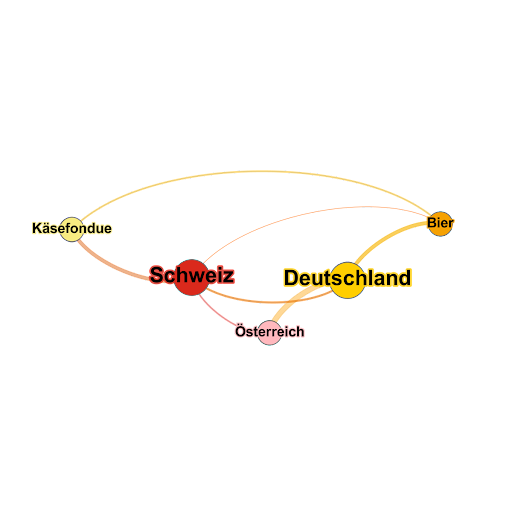
In order to contrast the collective associations with individual associations, a representative online panel survey conducted by LINK investigated individual, implicit associations of 902 Swiss citizens using reaction time measurements.
The study of the importance of sustainability in the entertainment industry since Corona has followed the same pattern – contrasting the collective and individual data collections.
The study results in detail
In the first step of the study, neuroflash addressed the question of what German-speaking Swiss:in today associate with the term “entertainment” in contrast to the time before the Corona pandemic. The result of the AI-based analysis is the associative network listed in Figure 4, which shows the most important words associated with “entertainment” and also highlights those terms that have significantly increased in importance compared to the pre-pandemic period.
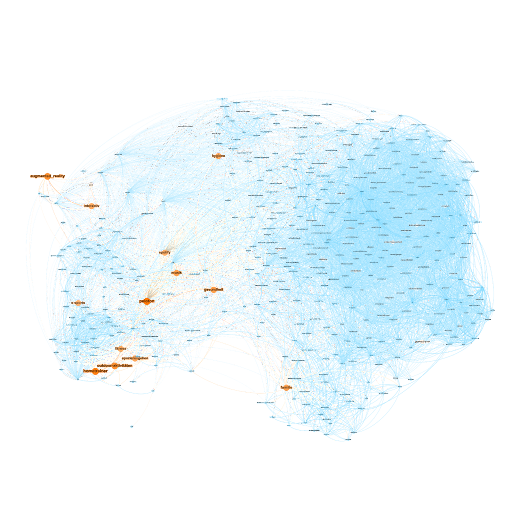
The data reveal that certain words are now up to 60% more prevalent in social discourse related to “entertainment” than they were before the pandemic. These terms, now strongly associated with “entertainment,” include outdoor activities, walking, fitness, health, but also music, Spotify, exercise bikes (Peloton), and e-sports, and are highlighted in orange in Figure 5. In addition to a now stronger link with the topic of “digitization,” it is also clear that terms are represented that are close to the megatrend of sustainability.
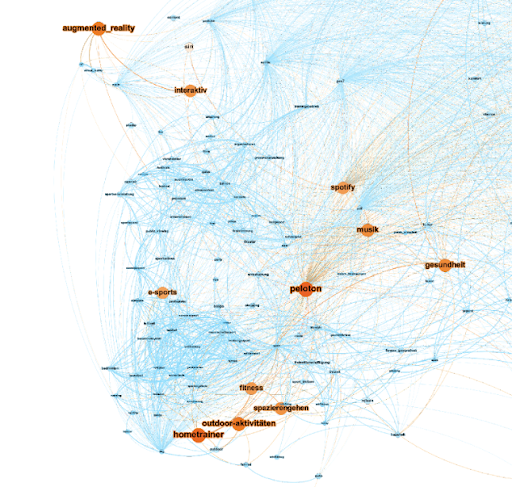
In addition to a now stronger link with terms that are close to the topic of sustainability (as already described in the main article on the topic of sustainability REFERENCE), it stands out that the social discourse on entertainment is now much more strongly characterized by digital products and offerings. Figure 6 below illustrates that the topics of e-sports, leisure and streaming, among others, are more interwoven.

Do the individual interviews by LINK confirm the collective result of the association network analysis?
Before answering this question, it is worth taking a step back and taking a closer look at the Swiss people surveyed, particularly their behavior and preferences on the subject of entertainment. In the course of this, LINK defined five different needs-based leisure types on the basis of the 902 consumers surveyed.
The largest leisure time type, with 25% of all respondents, is made up of “music entertainment enthusiasts” who like to go to concerts and other live music events. They are followed by the so-called “intellectuals” with 22%, for whom entertainment mainly revolves around theater, nature and cultural trips. The third leisure type “Entertainment Film” with a size of 18% enjoys going to live film events and the cinema. Likewise, 18% belong to the group of “sportives” who enjoy doing sports themselves and like to attend live sporting events. The fifth and last leisure type describes the “virtuals” with a total size of 17%. For the virtuals, entertainment primarily means consuming digital leisure offerings. These include e-sports and VR gaming, for example.
But what insights have the respondents now revealed about the future significance of digitization in the entertainment industry? The results of the individual surveys based on implicit measurements show clear developments, especially in the areas of sports and gaming.
The sports entertainment sector in particular can be singled out as a clear winner. While the results show that live sporting events will also be attended more in the future (26% percentage increase), two growth areas are revealed on the digital sports entertainment side. First, the results show that respondents want to use sports streaming 10% more in the future than they do today. On the other hand, the most significant growth area by far is seen in the e-sports sector, with an expected growth of 93% compared to current usage. This is a clear indication that digitization in the entertainment industry will progress even faster and more strongly in the future.
Due to the immense expected growth of e-sports, one could naturally ask oneself whether the consumption of entertainment offers will become more and more a private matter that one enjoys for oneself instead of sharing it with one’s friends. However, the implicit responses of the 902 Swiss:in the LINK study at least partially refute this hypothesis. While respondents from the “virtual” group actually associate e-sports more with an individualistic user experience (12% more alone), the picture is different for VR gaming. VR gaming is 11% more associated with a collectivist experience, showing that digital can and wants to be experienced together.
What does this mean for suppliers and brands in the entertainment industry?
The study results provide a number of indicators that the entertainment industry has become significantly more associated with digital products and offerings since the onset of the Corona pandemic. New digital growth areas are emerging, especially in sports entertainment and gaming.
Even though live events continue to attract strong interest, entertainment providers should carefully consider the extent to which they can extend their “analog” entertainment offerings with additional digital offerings to appeal to an even broader target audience.
Best Practice
A well-known example of a successful combination of health, entertainment and digitalization is the company Peloton with its innovative fitness bike. Especially since the beginning of the Corona pandemic, the company has been the talk of the town. But how did Peloton make it to the hype?
Unlike traditional exercise bikes, Peloton offers customers access to many digital options in addition to the equipment, accessible through the built-in screens and the Peloton app. This allows Peloton users to participate in thousands of online courses, either live or on-demand. There is also the option to meet up with your friends online and get fit together. With this technology, Peloton has still managed to bring people together, motivate each other and revolutionize the home trainer market, especially during lockdowns.
What's next for the entertainment industry?
The implicit methods used in the study by LINK and neuroflash make it clear that there have been strong changes in both collective opinion and individuals about what issues and terms the entertainment industry is associated with before and since the Corona pandemic. As one of these changes, the study provided indicators that the topic of digitization has generally gained massive importance in public discourse since the start of the Corona pandemic, but that it is also increasingly being heard in the entertainment industry in particular.
At the same time, the study also provides a glimpse of the time “after” Corona. Both the collective sentiment and the implicit individual responses of the respondents indicate that digitization and entertainment will become increasingly intertwined. The respondents’ answers underscore these findings by revealing that digital entertainment offerings such as sports streaming and e-sports will be used even more in the future. The results also show that the digitization of the entertainment industry does not necessarily mean that entertainment will develop into a private, individualistic industry. With the development of new technologies like VR Gaming or the introduction of innovative products like the Peloton bikes, it is clear that entertainment can be enjoyed digitally yet together.












